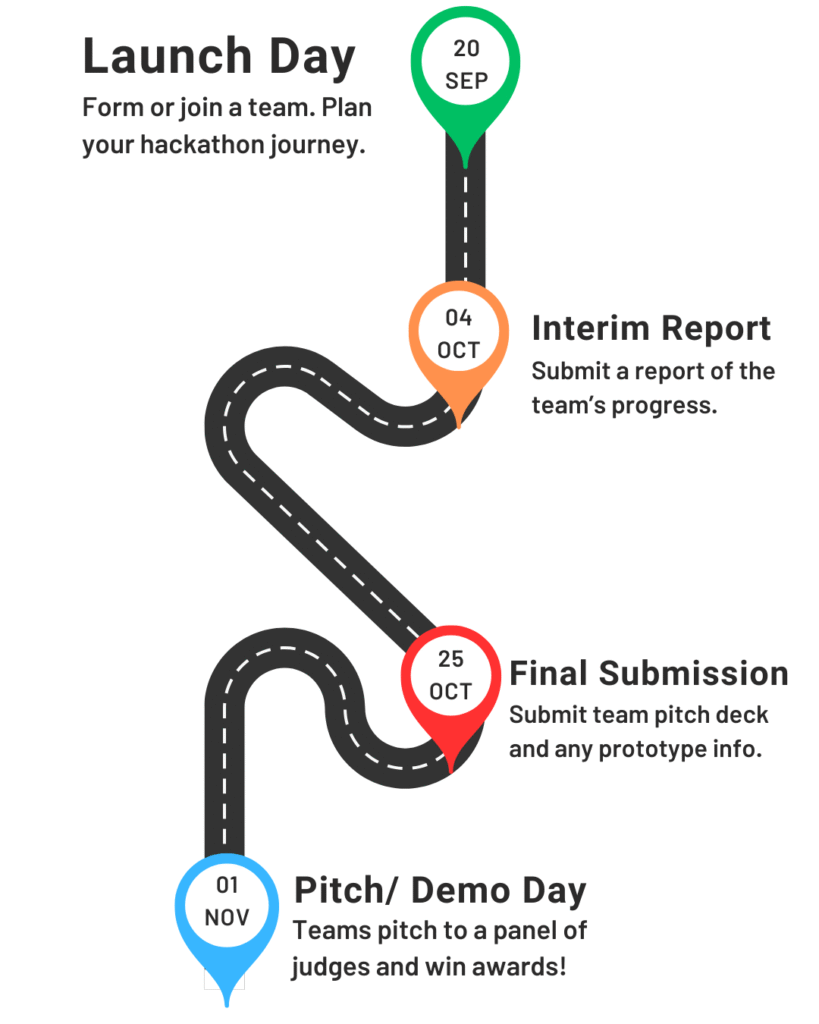
The 2025 competition will be conducted over 6-weeks, starting from the launch day (20 Sep 2025) and culminating in the pitch/ demo day (01 Nov 2025). The event tests your ability to plan and collaborate effectively across an extended duration.
Student teams will need to satisfy certain milestones to progress in the competition:
1. Attend the launch day and form your team on 20 Sep 2025
2. Report on your progress by 04 Oct 2025
3. Submit your pitch deck by 25 Oct 2025. Only 40 teams will be selected by the committee to progress to the final day.
4. Deliver your pitch to a panel of judges on 01 Nov 2025.
Master of Ceremonies - Mr. Michael Campion, Quinlan & Associates
Born and raised in Hong Kong, Michael Campion is a Partner and Head of Corporate Training at Quinlan & Associates. He has over a decade of experience performing on stage as a speaker and emcee, sharing the stage with CEOs and celebrities for corporate, educational and not-for-profits events. Michael has been interviewed by BBC World, SCMP, RTHK, and worked on live TV as a sports commentator. He also hosts the business and self-help podcast Playing The Inner Game. Earlier in his career, Michael worked global banking and markets at Royal Bank of Scotland in Edinburgh and was a full-time professional football player in Hong Kong. He holds a Master of Business Management from the University of Edinburgh.
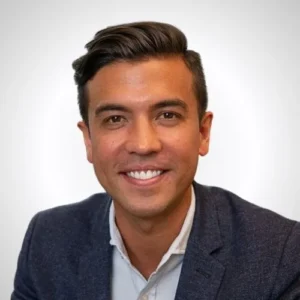
Launch Day (20 Sep 2025) Speakers
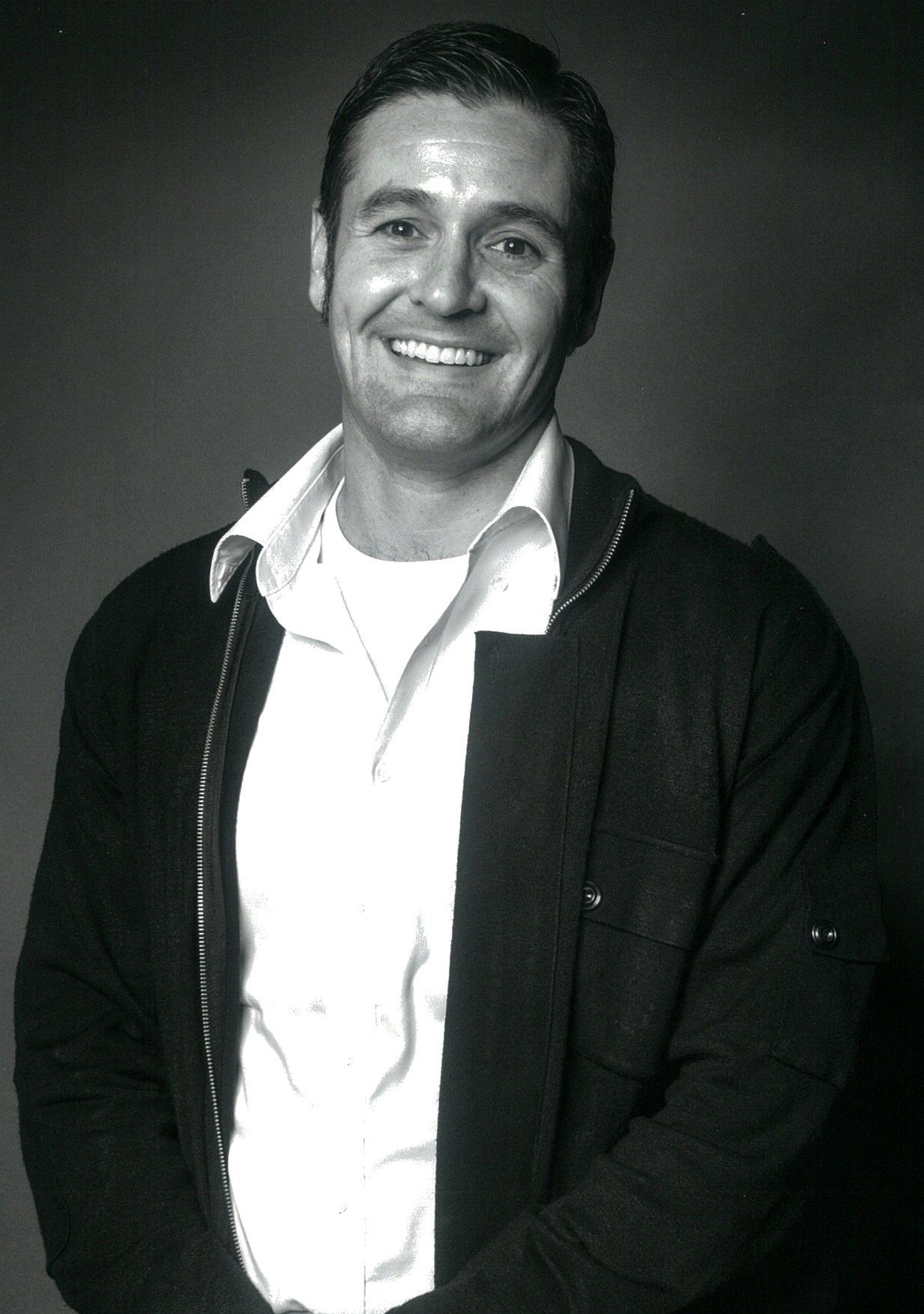
A Heart of Change
We stand in an era troubled by war, poverty, displacement, slavery and a host of other issues. So often, there is a longing to respond, to affect tangible change, to see this world other than it currently is. But how? Can one person’s life make a difference? Listen as David Begbie reflects on the power of the role each of us has to play in changing this world for good.
Mr. David James Begbie, Director of Crossroads Foundation
David Begbie is Director of the Crossroads Global Village and a senior spokesman for the humanitarian aid and development organisation, headquartered in Hong Kong. Over the past 24 years, David has spoken widely about the work of this organisation, representing them for the press, educational institutions, business corporations, consular and United Nations events. He is also the director of Crossroads’ experiential programs which have seen over 200,000 participants engage in simulations, including attendees at the World Economic Forum in Davos, Switzerland. His role includes strategic leadership in the development of a new initiative, an experiential Global Village showcasing global needs and solutions. David holds a Bachelor of Arts in East Asian Studies and a Master of Arts in NGO Leadership. He grew up in Asia, living in the region for the past 40 years, and makes his home in Hong Kong with his wife and two sons.
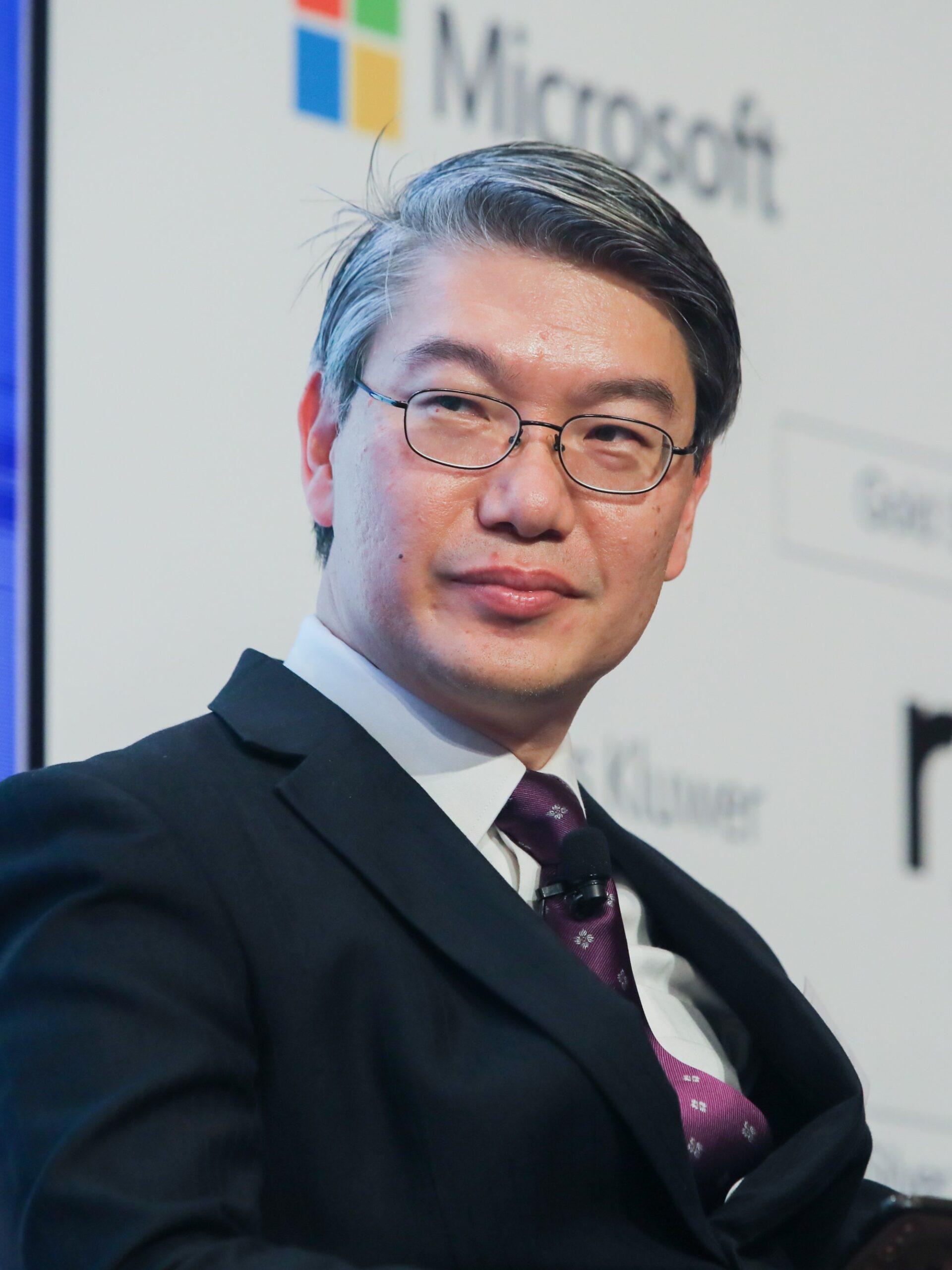
Designing Ethical AI Solutions in an Agentic World
As we seek to design solutions to address the UN SDGs, what else do we need to consider to create Ethical AI solutions? And what extra complexities do we need to consider as we enter a more Agentic world? Brian will shed some light for our future young AI makers and changemakers.
Mr. Brian Tang, Executive Director of LITE Lab, The Faculty of Law, The University of Hong Kong
Brian Tang is founding executive director of Law, Innovation, Technology and Entrepreneurship Lab, the award-winning interdisciplinary and experiential programme at University of Hong Kong’s Faculty of Law (LITE Lab@HKU), which is a core component of the BASc (Fintech) and BASc (Design+) degrees and is part of the vanguard of educators incorporating generative AI into teaching future talent and upskilling working professionals, Brian also teaches Applied AI Ethics and Governance at HKU’s Department of Philosophy. Brian has authored chapters in Wiley’s The FinTech Book, The RegTech Book, The AI Book and The LegalTech Book and most recently Artificial Intelligence in Finance: Challenges, Opportunities and Regulatory Developments. Brian is also one of the original participants of the SMU-Microsoft Asian Dialogue on AI Governance and previously on IEEE’s Global Initiative on Ethics of Autonomous and Intelligent Systems Policy Committee. Brian is co-chair of Asia Pacific Legal Innovation and Technology Association (ALITA), APAC Regional board member of Global Alliance of Impact Lawyers (GAIL), and AI advisory council member of the Fintech Association of Hong Kong. He previously spent nearly 20 years at global investment bank Credit Suisse in Hong Kong, and at law firms Sullivan & Cromwell in New York and California and Mallesons in Perth, Australia.
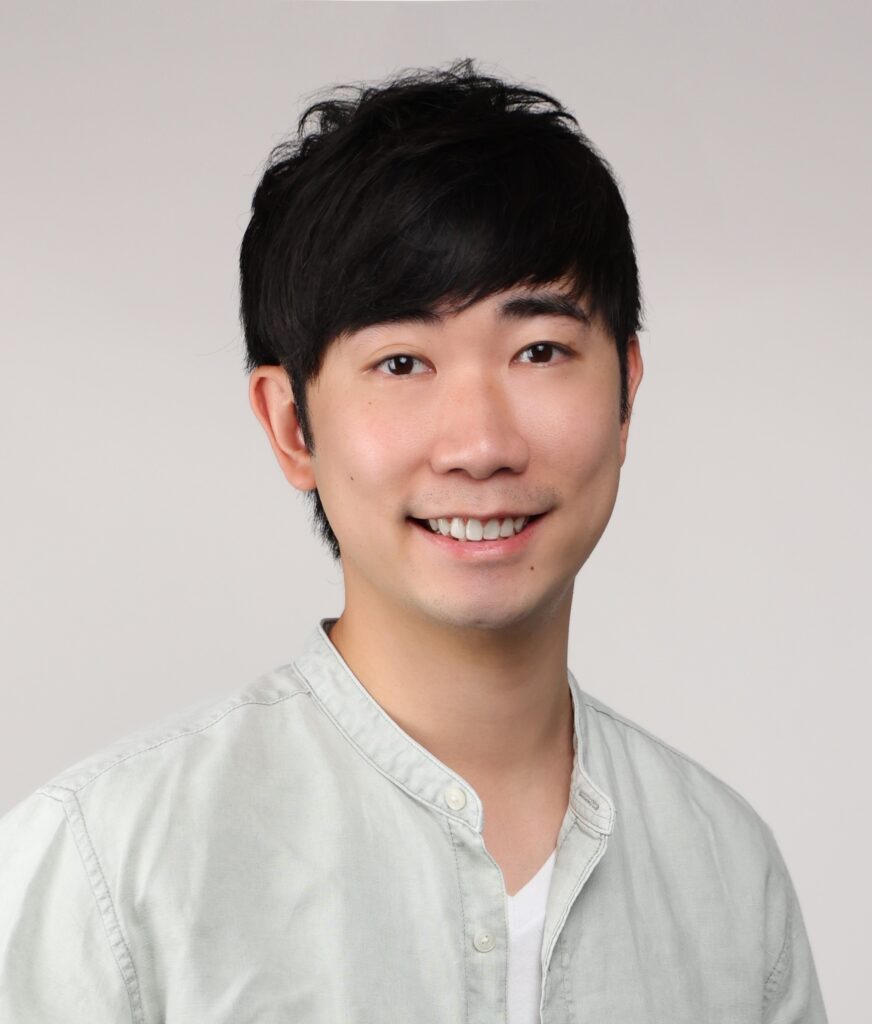
GenAI for Design Thinking
This keynote demonstrates how AI can be applied in design thinking, with student examples ranging from synthetic users to AI-assisted ideation and prototyping. It also introduces Eric Curts’ rubric, helping participants critically evaluate their own prototypes and AI products for the hackathon, fostering responsible and literate innovation.
Dr. Jac Leung, Lecturer in the Division of Integrative Systems and Design, The Hong Kong University of Science and Technology
Dr. Jac Leung is a Associate Program Director of the MSc on Technology, Leadership and Entrepreneurship program at The Hong Kong University of Science and Technology (HKUST). He has attained the Doctor of Education (HKU), MSc in Environmental Engineering, and BSc in Mechanical Engineering. His teaching and research interests include design and systems thinking, AI literacy, self-determination theory and PBL Dr. Leung is a Fellow of the Higher Education Academy (FHEA) and holds a Fellow member of the Academy of Education Excellence (AEE) at HKUST. He was nominated for the UGC Teaching Award in Early Career category in 2025 and serves multiple academic committees for programs in Design and Technology, Innovation and Entrepreneurship, and AI. Jac’s project on AI for reflective practices was shortlisted for the QS Reimagine Education Award 2024 under the category of Best Use of Generative AI. He is the co-author of the award-winning book AI Literacy in K-16 classrooms and principal Investigator of various projects related to Generative AI in education, collaborative inquiry skills, metaverse, makers education, and sustainability education.
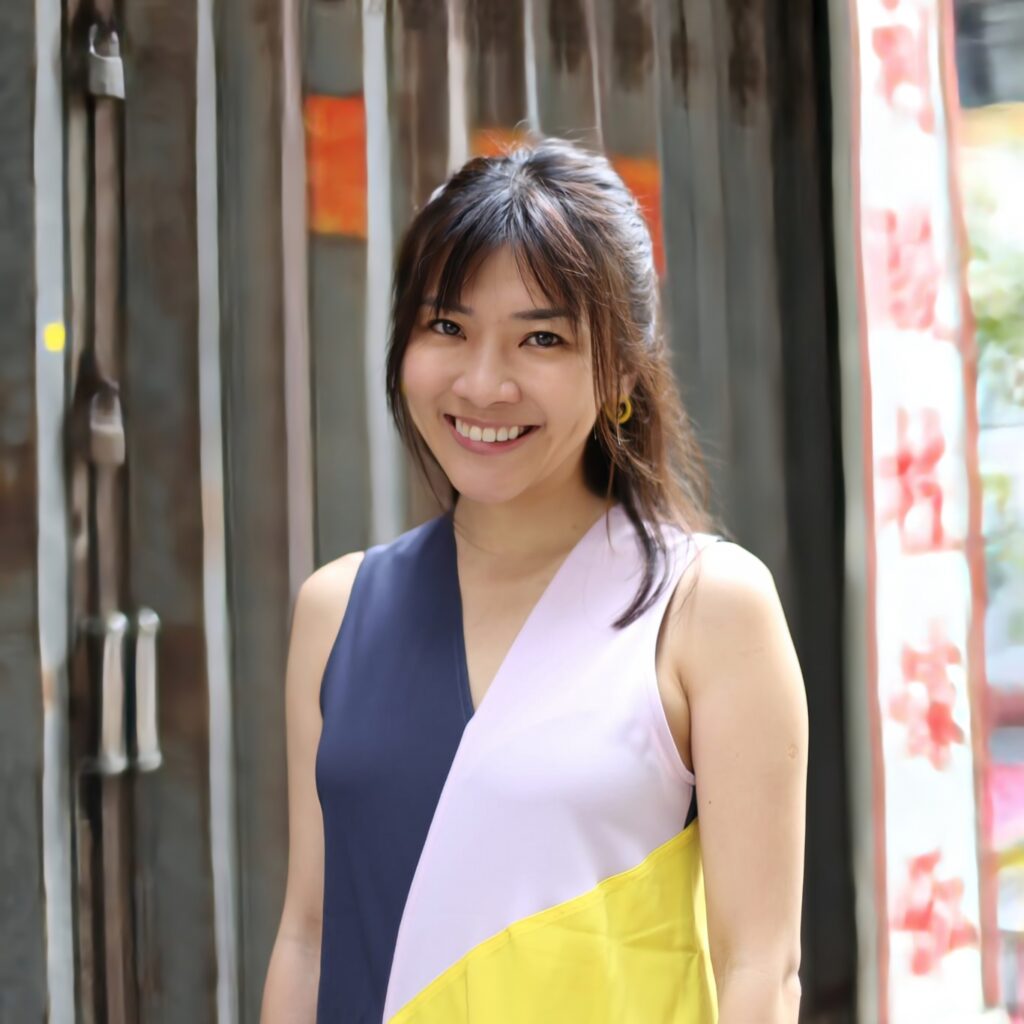
GenAI for Cultural Preservation
This session begins with a short presentation (10–15 mins) showcasing inspiring applications of generative AI in cultural heritage, alongside the urgency and potential of cultural innovation. It highlights challenges such as disappearing crafts, inaccessible heritage, and the creative possibilities of regeneration. The presentation sets the stage for a hands-on workshop (45 mins), where teams will define a clear, evidence-based problem to tackle during the hackathon through guided exercises.
Ms. Diana Pang, Senior Foresight Analyst, Arup
Diana Pang is a designer and researcher exploring the intersections of cultural systems, urban environments, and healing. Her transdisciplinary practice blends data, storytelling, and speculative design to reimagine how communities engage with heritage, space, and each other. As Senior Foresight Research Analyst at Arup, she prototypes regenerative futures that centre resilience and inclusion. With a background spanning finance, design, and technology, including roles at Goldman Sachs and studies at the London School of Economics, Copenhagen Institute of Interaction Design, and School for Poetic Computation, Diana brings strategic depth to complex social challenges. Her award-winning work has been exhibited at Milan and Dubai Design Weeks, and featured in Bloomberg, Mingpao Weekly (HK), Isola (Italy), and Ideas For Good (Japan). She is currently mapping Hong Kong’s cultural heritage through street names and is passionate about preserving disappearing crafts, revitalising historic spaces, and exploring new forms of heritage storytelling.
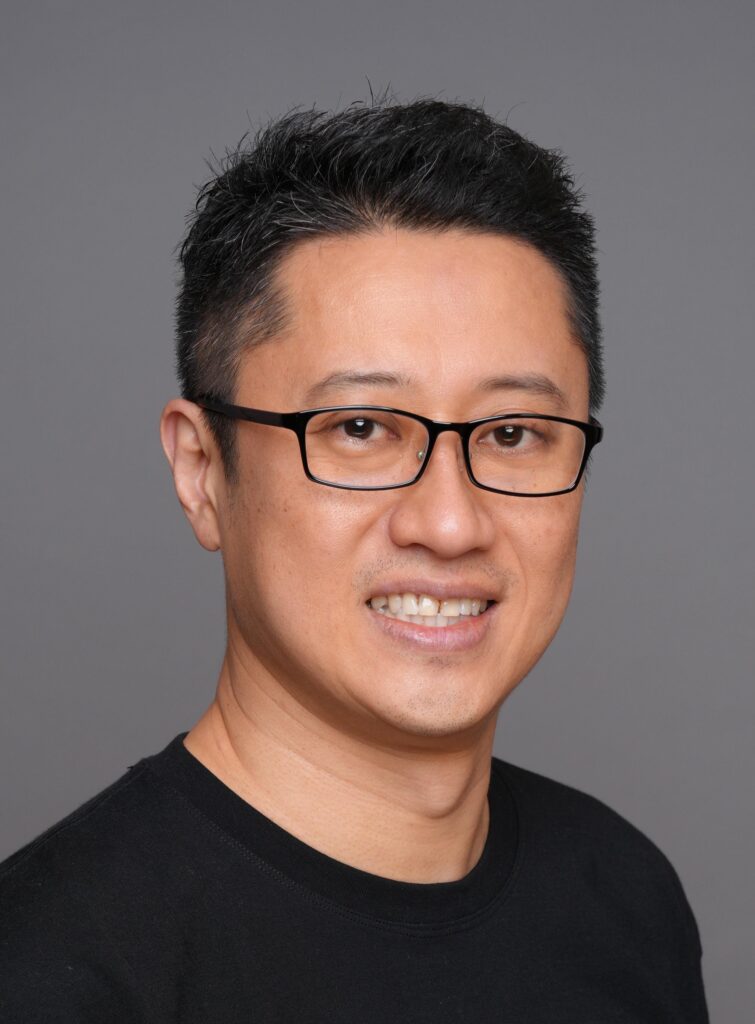
Prompt Engineering and Alibaba Cloud AI Tool Model Studio
Mr. Raymond Tsang, Global Training Advisor / Senior Technical Trainer in Alibaba Academy, Alibaba Cloud International
Raymond Tsang is a seasoned education technology leader with over 22 years of experience in IT training, cloud computing, and technical education. He is currently a Global Trainer Advisor at Alibaba Cloud. Raymond specializes in cloud technologies, AI, cybersecurity, and development. He is fluent in English, Chinese, and Putonghua, and is known for his ability to build effective training frameworks and foster industry partnerships.
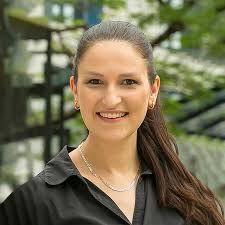
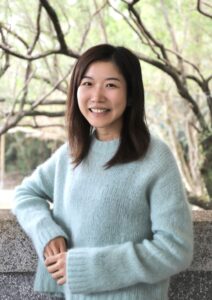
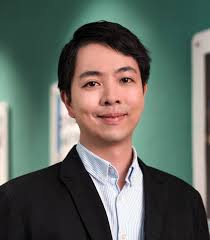
Sustainable Design and Biodiversity
This session opens with three presentations that explore sustainable design and biodiversity through diverse lenses—ranging from academic research and campus initiatives to community-driven innovation. These presentations aim to spark curiosity and inspire fresh thinking, laying the groundwork for an interactive brainstorming session. In this collaborative segment, teams will generate creative solutions and actionable ideas to advance sustainability and ecological resilience within the neighbourhood and beyond.
Dr. Meike Sauerwein, Lecturer, The Hong Kong University of Science and Technology
Meike Sauerwein is a Lecturer at the Hong Kong University of Science and Technology. Her work focuses on sustainable consumption, life cycle assessment, and circular systems in fast-moving consumer goods and textiles. She also chairs the Sustainability Education Working Group of the HK Sustainable Campus Consortium, advancing sustainability education across Hong Kong’s universities.
Ms. Skiee Hui, Project Manager for the Jockey Club Sustainable Campus Consumer Programme
Skiee Hui is the Project Manager for the Jockey Club Sustainable Campus Consumer Programme, whose mission is to drive sustainability and promote responsible consumption and production amongst the eight UGC-funded university campus communities in Hong Kong and beyond.
Dr. Leon Lei, Senior Education Development Officer, City University of Hong Kong
Leon Lei is the Senior Education Development Officer at City University. With expertise in digital learning, generative AI, and sustainability education, he leads strategic initiatives to enhance teaching and learning across the university and in the Asia-Pacific region. Leon’s work bridges innovation, accessibility, and the UN Sustainable Development Goals in higher education.
